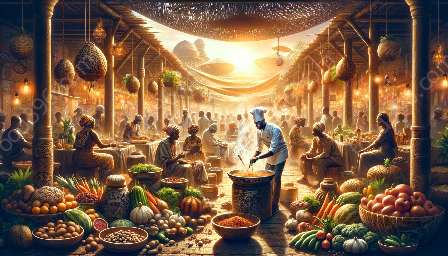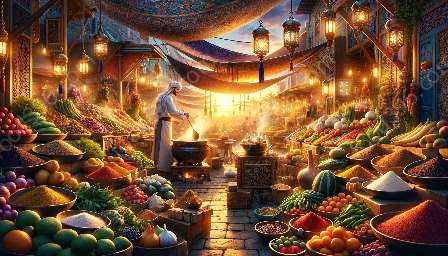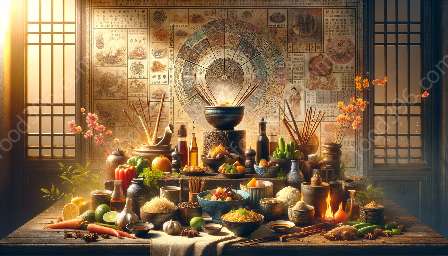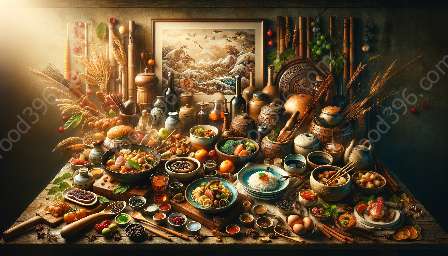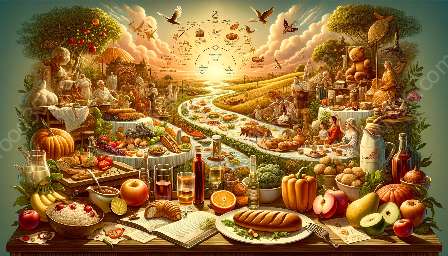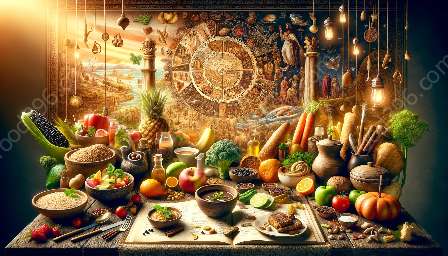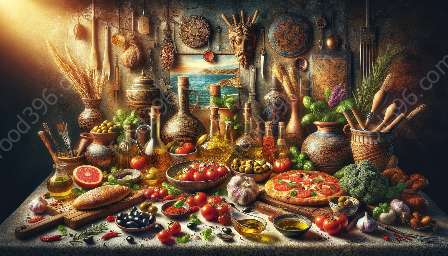Italian cuisine has a rich and diverse history, shaped by centuries of cultural influences and regional variations. From its ancient roots to modern innovations, Italian food has captivated the world with its delicious flavors and unique dishes. In this comprehensive guide, we will explore the evolution of Italian cuisine, delving into its origins, iconic ingredients, and the cultural significance of food in Italy.
Origins of Italian Cuisine
The history of Italian cuisine can be traced back to ancient times, influenced by the culinary traditions of the Etruscans, Greeks, and Romans. The fertile lands of Italy provided an abundance of fresh produce, grains, and livestock, laying the foundation for a hearty and flavorful cuisine. The Romans, in particular, made significant contributions to Italian cooking, introducing ingredients such as olive oil, wine, and spices, and refining culinary techniques that are still used today.
The Influence of Italian Regions
One of the defining features of Italian cuisine is its regional diversity. Each of Italy's 20 regions boasts its own unique culinary traditions, ingredients, and iconic dishes. From the seafood-rich cuisine of Sicily to the hearty meat-based dishes of Tuscany, the regional variations in Italian cuisine are a testament to the country's rich cultural heritage. The influence of geography, climate, and historical events has contributed to the development of distinct regional cuisines, each celebrated for its flavors and traditions.
Key Ingredients in Italian Cuisine
Italian cuisine is renowned for its use of fresh, high-quality ingredients that form the building blocks of its iconic dishes. Olive oil, tomatoes, garlic, and aromatic herbs like basil, oregano, and rosemary are staples in Italian cooking, adding depth and complexity to a wide range of recipes. Pasta, another signature ingredient, comes in a myriad of shapes and forms, offering endless possibilities for creating delicious and satisfying meals. Cheeses such as Parmigiano-Reggiano, Mozzarella, and Gorgonzola play a central role in Italian cuisine, adding rich flavors and textures to both savory and sweet dishes.
The Cultural Significance of Italian Food
In Italy, food is not just sustenance—it is an integral part of the country's social fabric and cultural identity. Meals are a time for gathering with family and friends, sharing stories, and celebrating the abundance of the harvest. Traditional Italian cooking is deeply rooted in seasonal and local ingredients, with an emphasis on simplicity and authenticity. From the lavish feasts of festive occasions to the daily rituals of preparing and enjoying meals, food holds a special place in the hearts of Italians, fostering a sense of community and connection.
Italian Cuisine in the Modern World
While honoring its time-honored traditions, Italian cuisine continues to evolve and adapt to contemporary tastes and global influences. Chefs and food enthusiasts around the world have embraced Italian cooking, experimenting with new flavors, techniques, and presentations. The popularity of Italian restaurants and culinary tourism has further propelled the global appreciation for Italian cuisine, ensuring its enduring legacy in the realm of food and drink.




